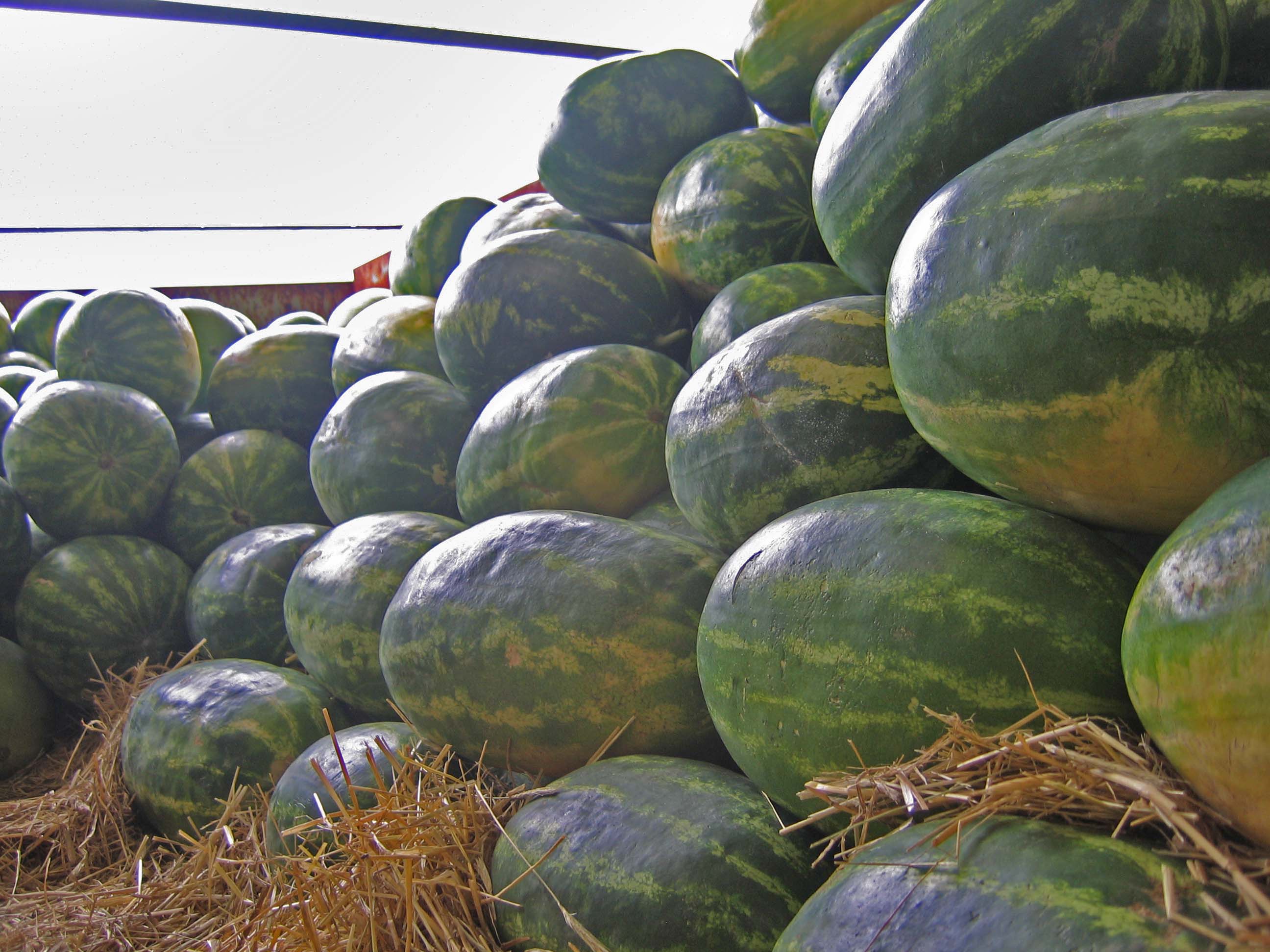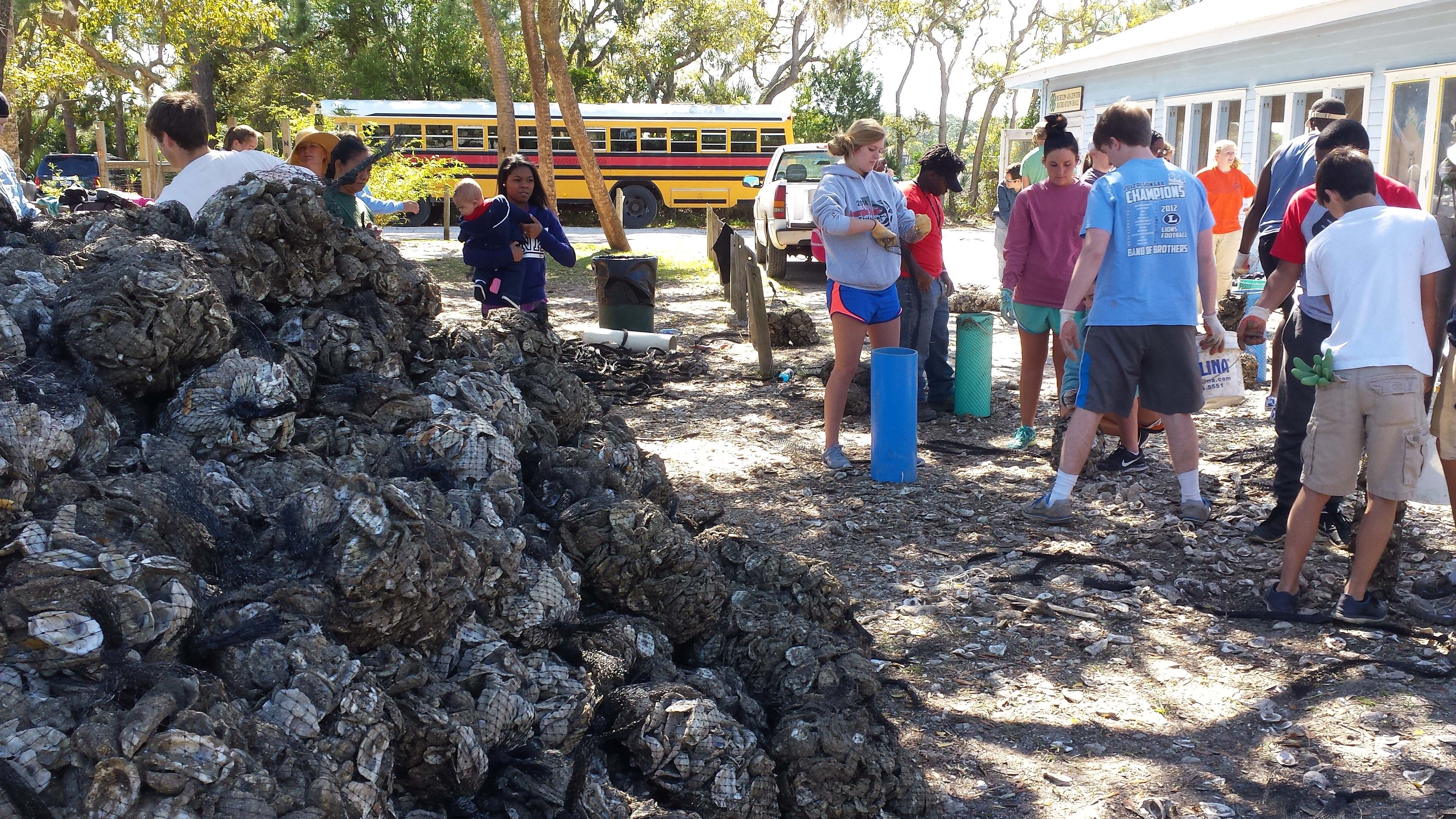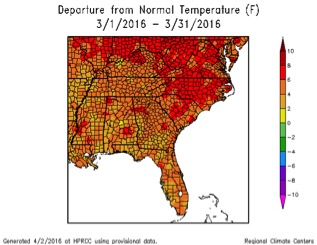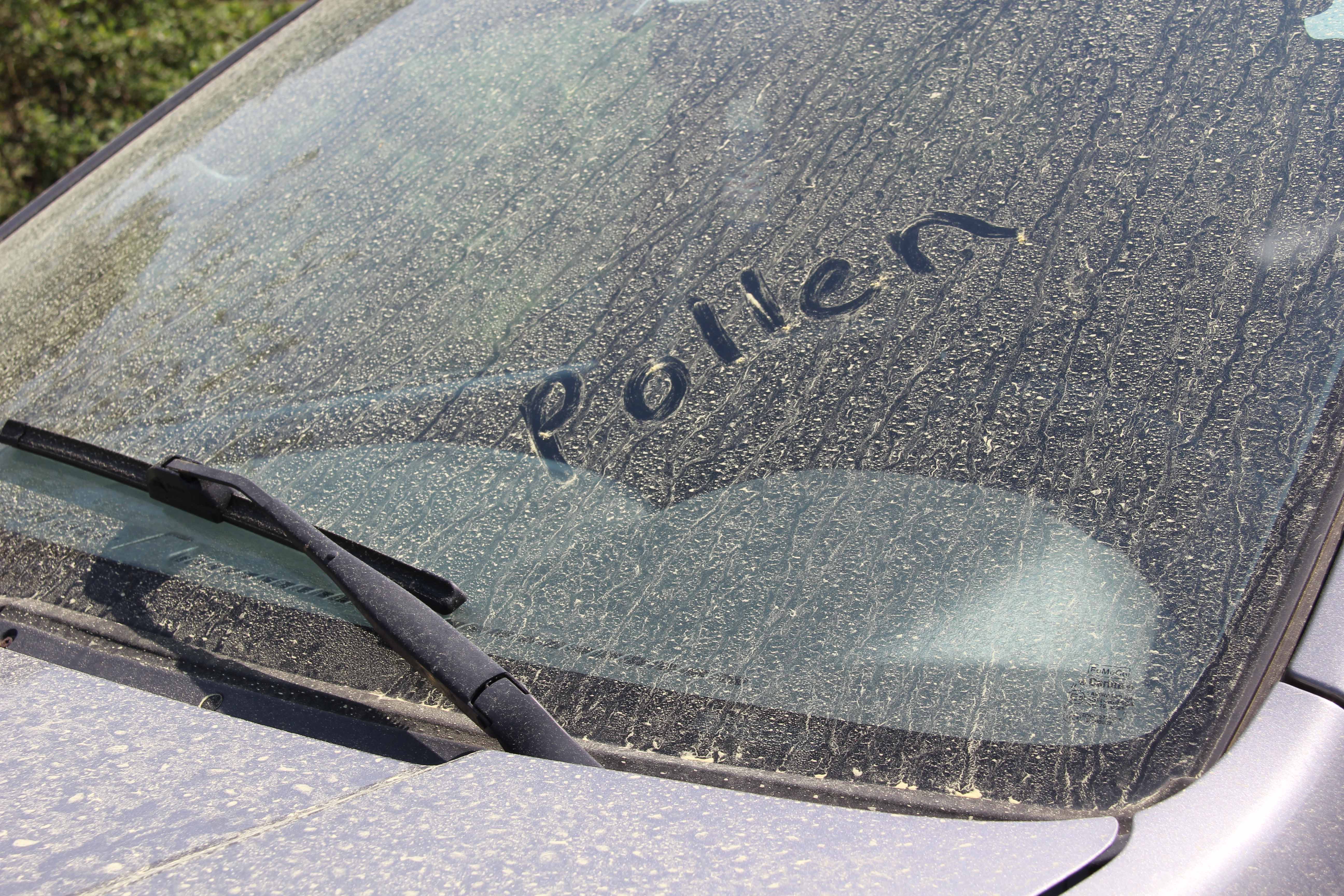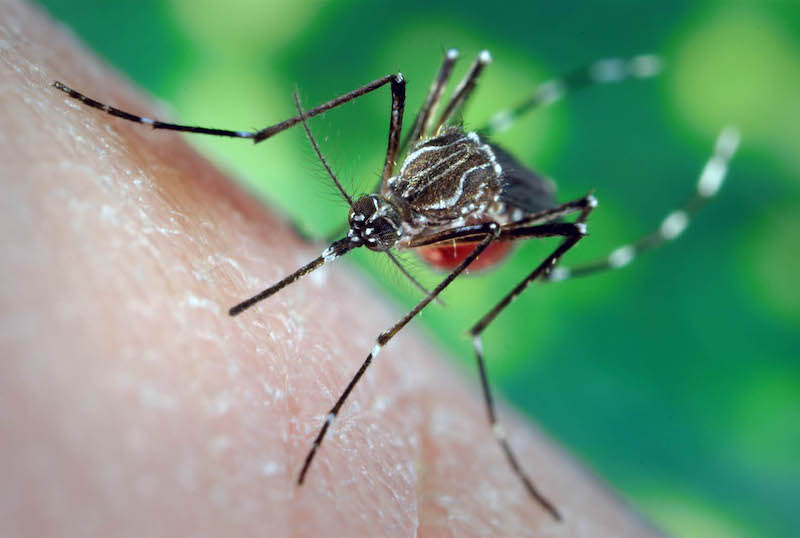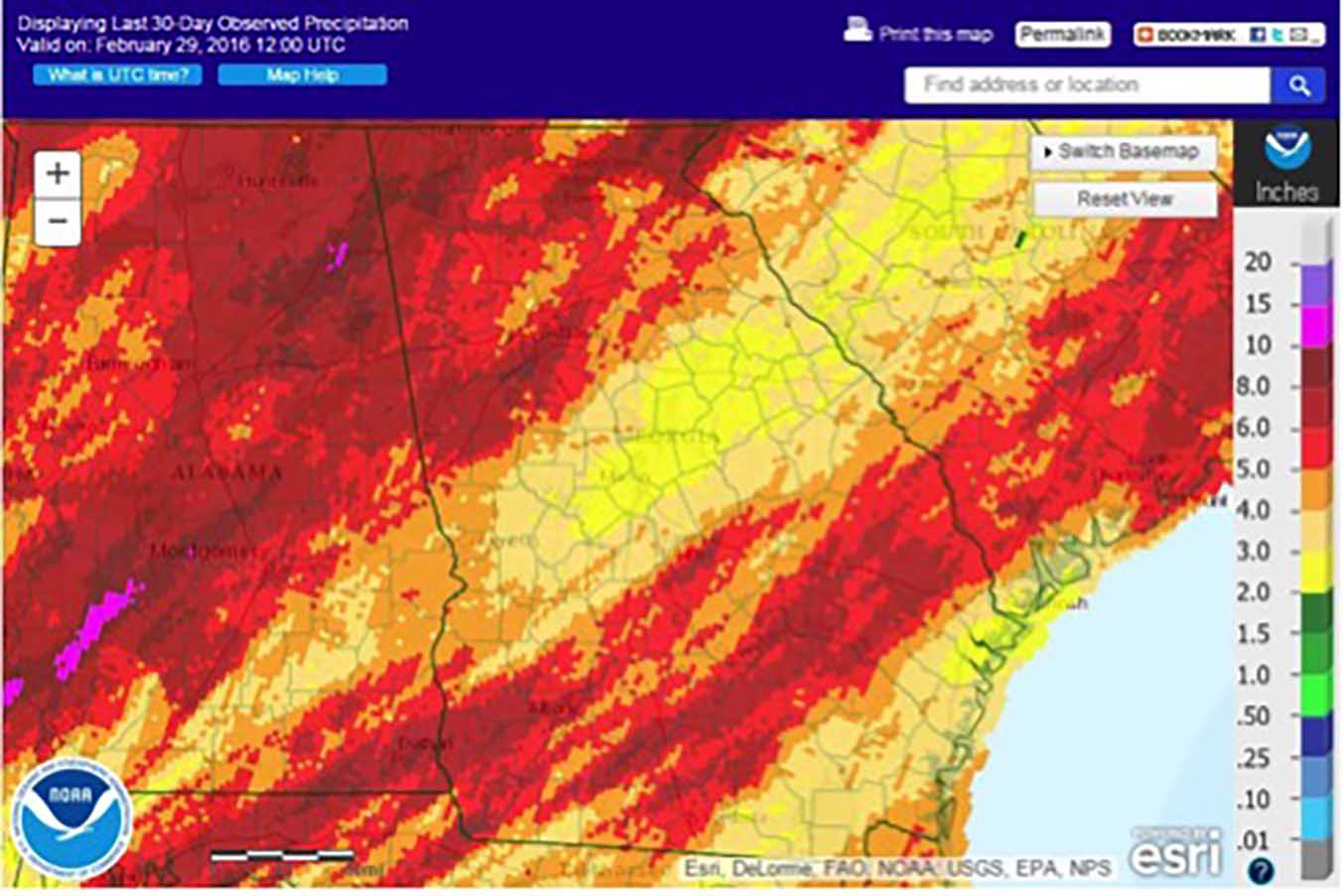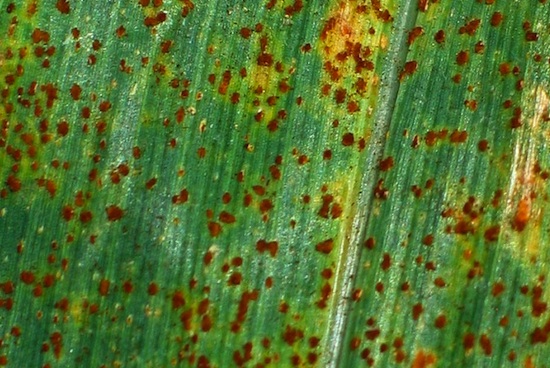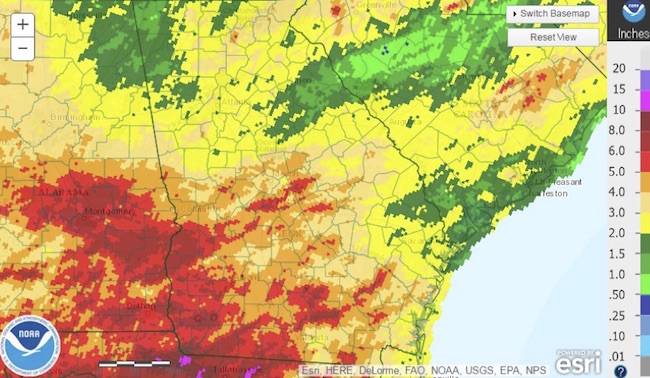 CAES News
CAES News
April Weather
Cool conditions early in April delayed the growth of watermelon seedlings and caused yellowing of some corn plants. Wet fields in the southern half of the state delayed planting and caused problems for corn seedlings and other plants in heavy, wet soils.


